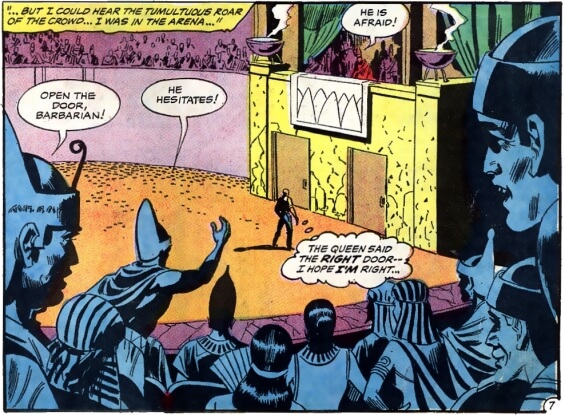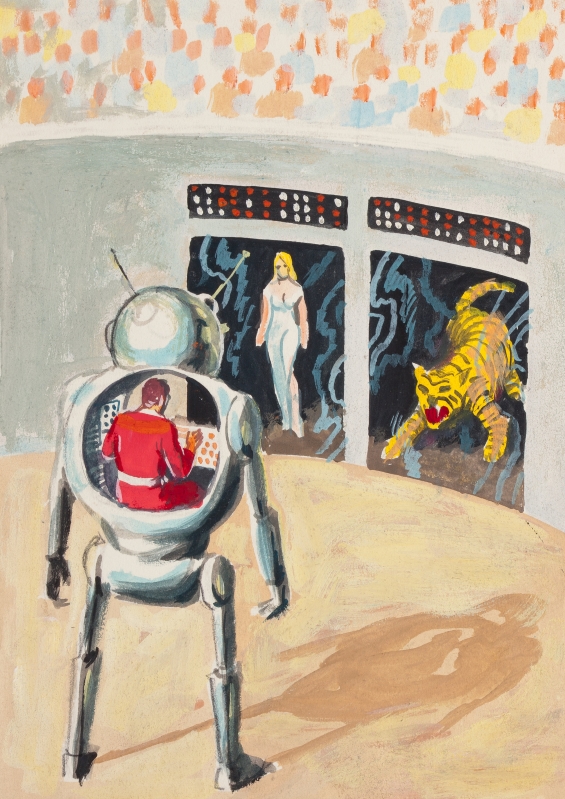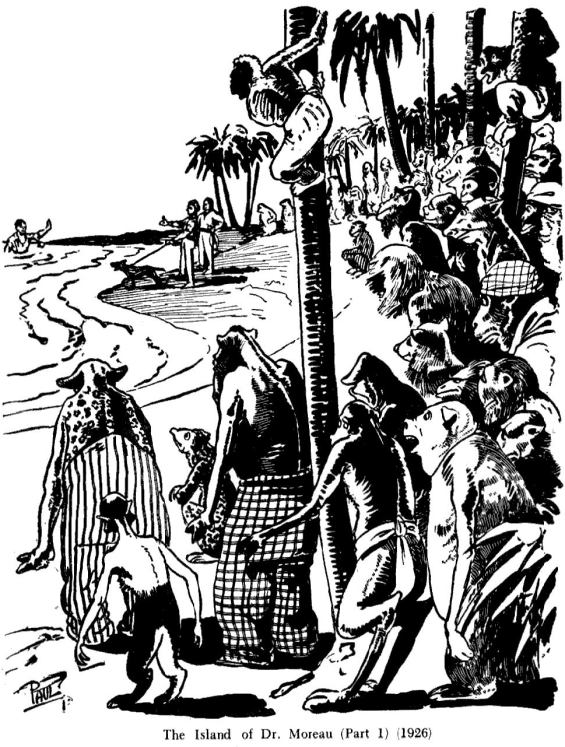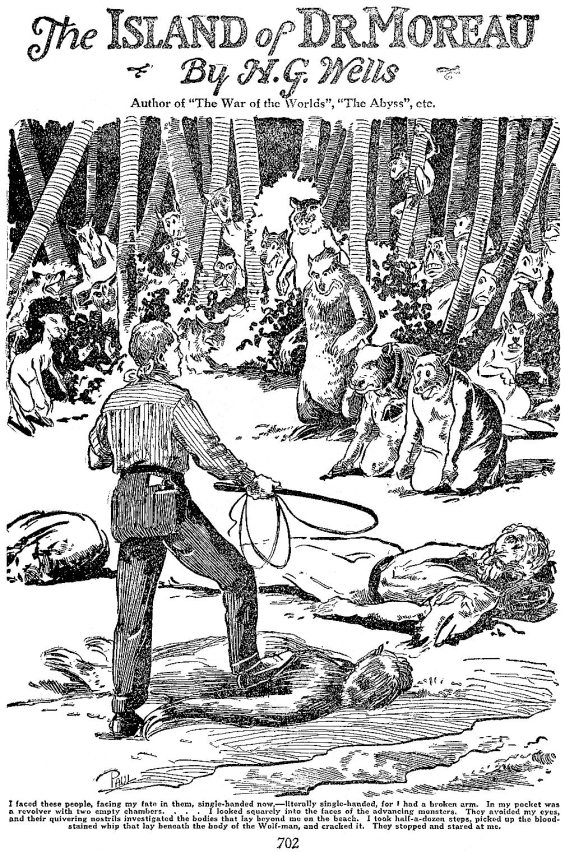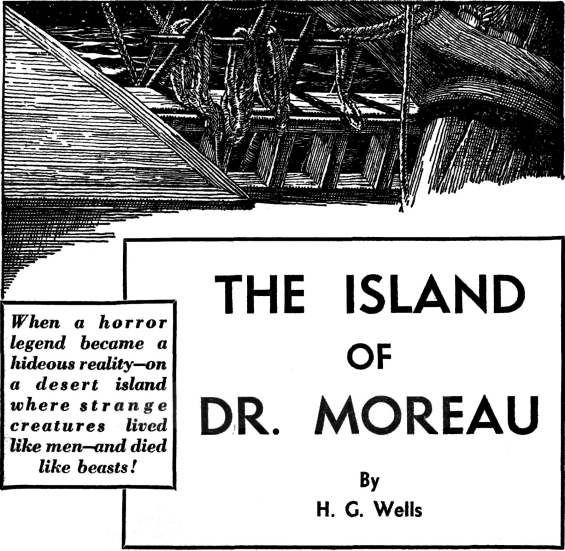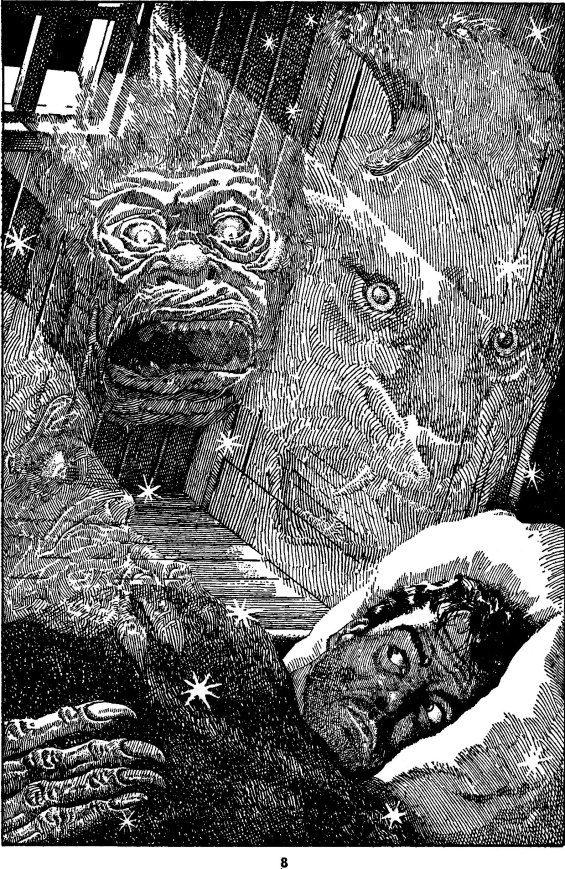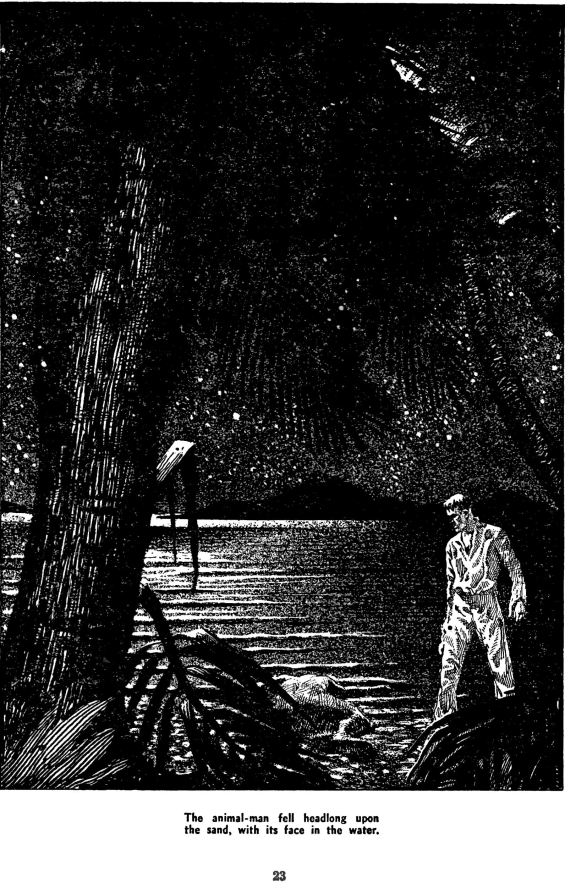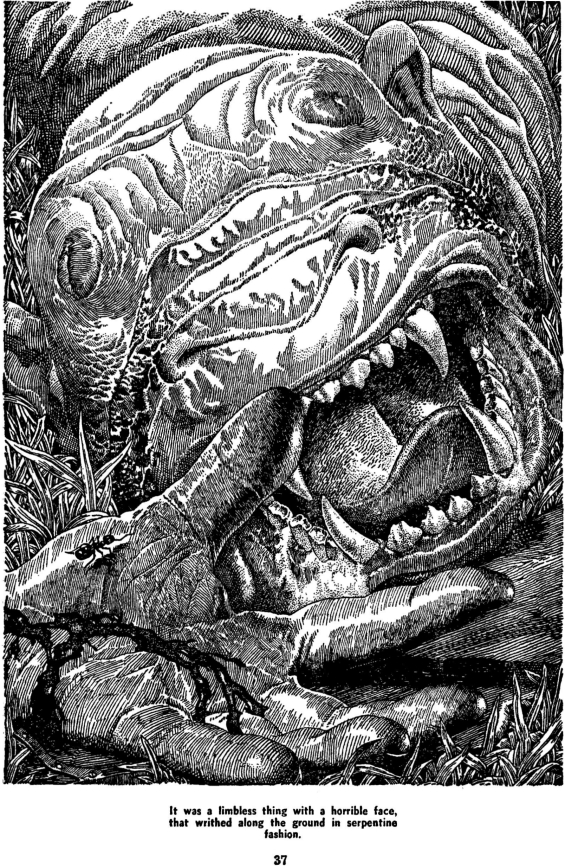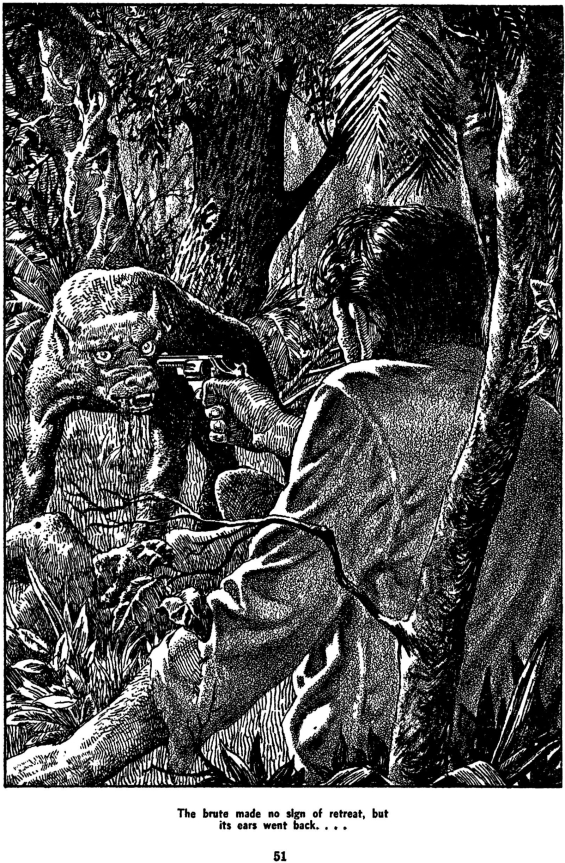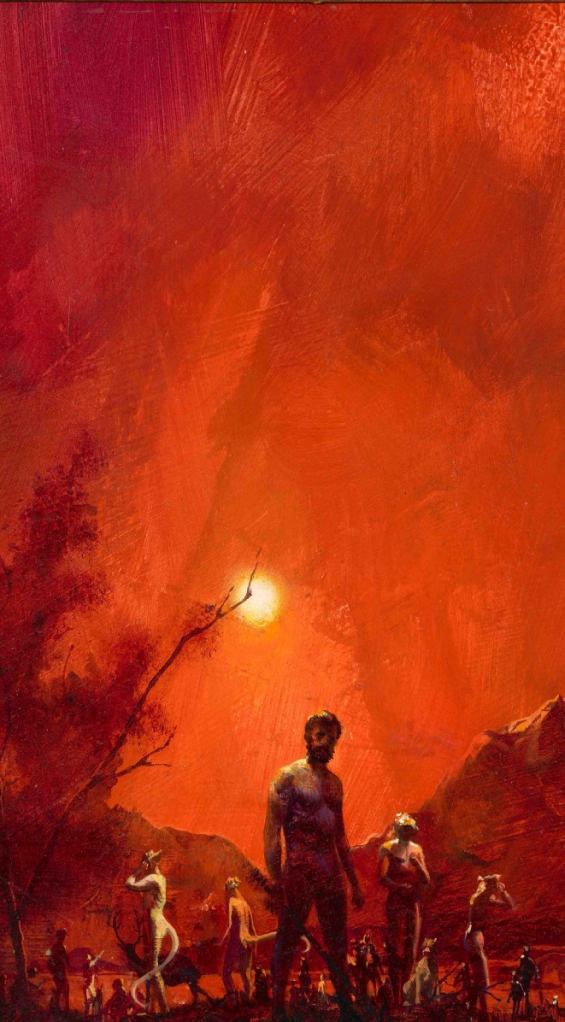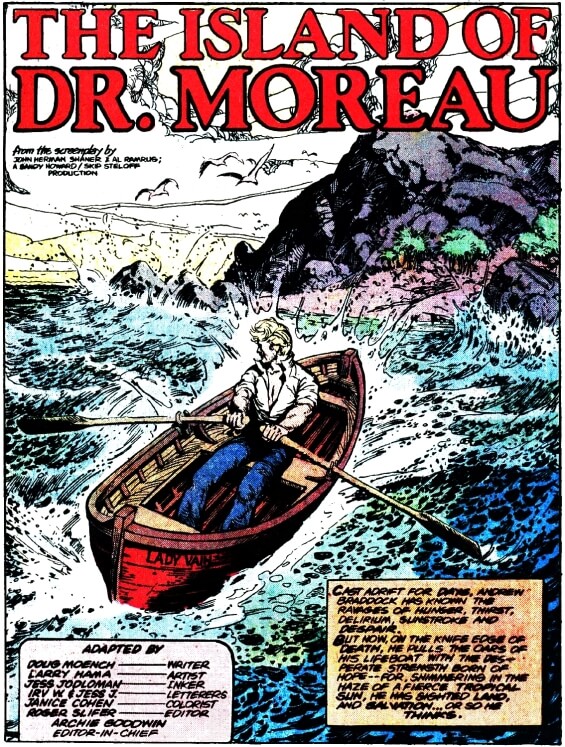
 The SFFaudio Podcast #505 – Jesse, Maissa Bessada, and Julie Davis talk about The Jungle Book by Rudyard Kipling
The SFFaudio Podcast #505 – Jesse, Maissa Bessada, and Julie Davis talk about The Jungle Book by Rudyard Kipling
Talked about on today’s show:
1894, not a novel, not a collection in the normal sense, Kipling wrote the whole thing for his daughter, a book of children’s stories, died at six years old, when Kipling left India, the Just So Stories, an inscribed edition, the opposite of a sad book, sad or not sad, wonderful or interesting, the law of the jungle, it’s not all Mowgli stories, a natural progression, the first story about the white seal, interacting with men Rikki-Tikki-Tavi, Her Majesty’s Servants, distressing, suffering, war, circling back, that’s just life, finding Shangri La, he lead his people to the promised land, his friend’s skin is missing, hard-hearted, beast of burden, the perspective Kipling sympathized with, the lower ranks, the simple working guys, stead in battle, Jesse’s not very quick with the “themes” in the book, obedience, finding your place in society, a template for the Baden Powell scouts, interaction with nature as a system, all these animals are for us to eat, an exemplar, how many tendrils have grown through to our modern day society, Kim, how influential the book is, the Great Game, Tim Powers’ Declare, religious power in the desert, in the background, Hathi Trust, its from this book, (if there is a) God’s work, preserving the ephemera of 19th and 20th century magazines, a scraper, such a good resource, big systems don’t operate for human beings, wow of course, elephants never forget, and they’re wise, you cannot not remember it, Tantor.com, the elephant from Tarzan Of The Apes, the Indian word for elephant, from 0 to 6, relearn all the things that he learned, low-lifes, lesser-down, class stuff, when Mowgli goes to town, Edgar Rice Burroughs, wow, that’d make a good story, Tarzan is Mowgli’s story in Africa, a series of lessons, Tarzan is pure fantasy, a tiger in Africa, colonialism, a fable, a fantasy, not writing from experience, no sympathy and fellow feeling, no existential crisis, lynching, a justified revenge, the scene with the white seal, Mowgli is no king, lessons to learn, that amazing idea, I don’t know where everything came from, a huge splash, the ripples are reaching us today, why is this thing continuing?, that’s why its a book, half the stories aren’t even in the jungle, the law of the jungle, bringing human values into the jungle and taking jungle values out of the jungle, when Dick is on my back, the bullocks: “here’s all we know”, how would they interact with each other, the Emir of Afghanistan, are the beasts as wise as the men?, thus is it done, sucked into the Bollywood musical experience, Lagaan (2001), the desire of the little guy to get out from under, here’s how the British were able to conquer, they obey as men do, Animal Farm, a Mr. Spock haircut, one more author, Jack London, H.G. Wells, stealing from a great, The Call Of The Wild and White Fang, Buck did not read the newspapers, the error of his arrogance, shanghaied!, the most amazing story, Black Beauty and Beautiful Joe, you don’t know what pain is, the pain of the animals, Mowgli’s parenthood, a picture of Kim, all the writers who write really well, the story of Kipling as a boy, taking aspects of his own life and magnifying them, Christopher Nolan’s movie, you monster!, what is true and what is love?, an innate sense, the irony, such a deep love of humanity, the mother wolf, melancholy, the potential of man, super-modern, there’s no distance between me, William Morris, Thomas Mallory, the dosts, distancing grammar, if Riki-Tiki-Tavi was written today, intimate and close, a light and fun one, snake deaths, so evil, they’re good (to eat), just following their natures, this is my job, the perfect look at man and creature together, each following their own natures, his business in life was to fight and eat snakes, being nuzzled in a bag, why people like to hang out with puppies and kittens, he has a place, verandah, tiny little dogs, handbag dogs, a different kind of love, dogs domesticated people, wheat also domesticated people, fruit trees domesticated human, cows and chickens, being on a dog’s level, co-existing, Toomai Of The Elephants, complete domestication, we are witness to the majesty of animals, Elephant Boy (1937), the radio drama, distancing vs. intimate, he writes good, another strain, Cat People (1942), Val Lewton’s The Bagheeta, that’s crazy, The Body Snatcher (1945), I Walked With A Zombie (1943), The Black Bagheela by Bassett Morgan, The Island Of Doctor Moreau, Frankenstein, important and interesting, Extra Credits, Cordwainer Smith, Jerome K. Jerome, The Idler, Vermont, influencing Heinlein, Citizen Of The Galaxy, Stranger In A Strange Land, Virginia Heinlein suggested Heinlein write the Jungle Book except with a boy raised by Martians, H.G. Wells, Charles Stross, Saturn’s Children, a hidden history behind the books were really like, working on something true, working through the ideas, The Graveyard Book by Neil Gaiman, Coraline, fully illustrated, modern kid’s books (also for adults) that are fully illustrated, a tribute, people who dislike Kipling, “it would be a poor sort of world if one were only able to read authors who expressed points of view that one agreed with entirely. It would be a bland sort of world if we could not spend time with people who thought differently, and who saw the world from a different place.”, too problematic, let’s just read this book, do the life story’s of the authors matter?, O. Henry, The Gift Of The Magi, a criminal fraudster, rewarded and moral to be a fiction writer, Roman Polanski, Chinatown (1974), Arthur Conan Doyle, being modest about your claims about being a super-genius, foolishly doubling down on the ridiculous, Theodore Roosevelt, sometimes we’re just stupid about things, Charles Dickens, Mark Twain, fascinated and hopeful, it humanizes them, a troubling trend, don’t watch the news, seeing a whole life, people being thin-skinned, Facebook or Twitter, performative, Logan Paul, famous for nothing, in the 1920s the way these kind of people got attention is they climbed up to the top of a flagpole, reality TV stars, in anticipation of reading The Graveyard Book, A Fine And Private Place by Peter S. Beagle, The Last Unicorn, Lawrence Block, Donald Westlake, written at age 19, in fantasy circles, Julianne Kutzendorf, working from Edgar Allan Poe’s The Raven, a hidden history of Science Fiction and Fantasy, Juliane Kunzendorf, a Rudyard Kipling poem entitled M.I., the influences known or unknown, poetry, exploding with connections, giant spiderwebs, Saki aka H.H. Munro, Sredni Vashtar, twisted, is Jesse crazy?, reincarnation, an otter, a little brown servant boy, a very Indian concept, an alternative Kipling, charged by a cow, a hedgehog, Rumer Godden, going native, fraternizing with everybody, common experience and childhood, Anne Of Green Gables, Craftlit, H.H. Munro story entitled The Storyteller,
An aunt is travelling by train with her two nieces and a nephew. The children are inquisitive and mischievous. A bachelor is also travelling in the same compartment. The aunt starts telling a moralistic story, but is unable to satisfy the children’s curiosity. The bachelor butts in and tells a story in which a “good” person ends up being devoured by a wolf, to the children’s delight. The bachelor is amused by the thought that in the future the children will embarrass their guardian by begging to be told “an improper story.”
the aunt is an exemplar of a certain kind of person, the short term, bad governorship, being sensitive to the needs of the people you are in charge of, inverting the aunt’s story, horribly good, what a great story!, this story could have happened, managing children, a teaching story, thinking about yourself as an audience.
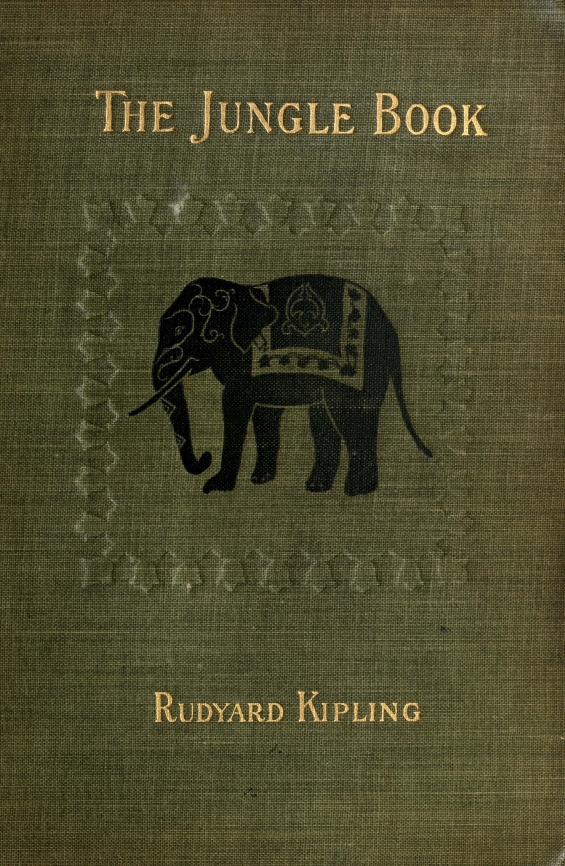
Posted by Jesse Willis
 Reading, Short And Deep #123
Reading, Short And Deep #123

